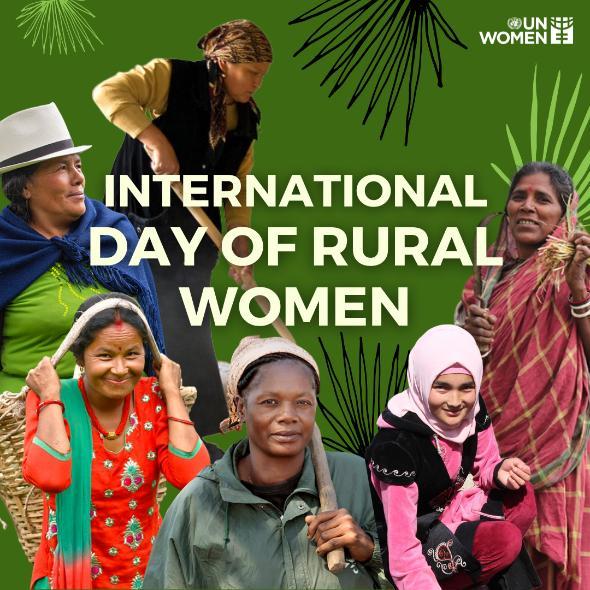
On Saturday 15 October, the world was observing the “International Day of Rural Women” under the theme "Rural women cultivating good food for all".
Established by the United Nations (UN), this day recognises the crucial role that women and girls play in rural households and communities and calls for equal opportunities. They still face significant discrimination when it comes to land and livestock ownership, equal pay, decision-making, access to resources, credit and markets.
Rural women are the most affected by the war in Ukraine. According to the latest UN Women report, the current disruption to the food and energy markets has only intensified gender disparities, causing higher rates of food insecurity, malnutrition and energy poverty, due to the skyrocketing food, fuel and fertilizer prices. Giving women the same opportunities as men could raise agricultural production by 2.5 to 4 per cent in the poorest regions and the number of malnourished people could be reduced by 12 to 17 percent.
On this occasion, the EIB presented the Zambia Agriculture Value Chain Facility and the Kulima Access to Finance project in Malawi. The two joint EIB-European Commission initiatives will mainly target small and medium-sized enterprises (SMEs) with a high representation of women in the agriculture and aquaculture sectors. In Malawi, the EIB is partnering with Ecobank and First Capital Bank, while in Zambia, a credit line is being offered through Zanaco.